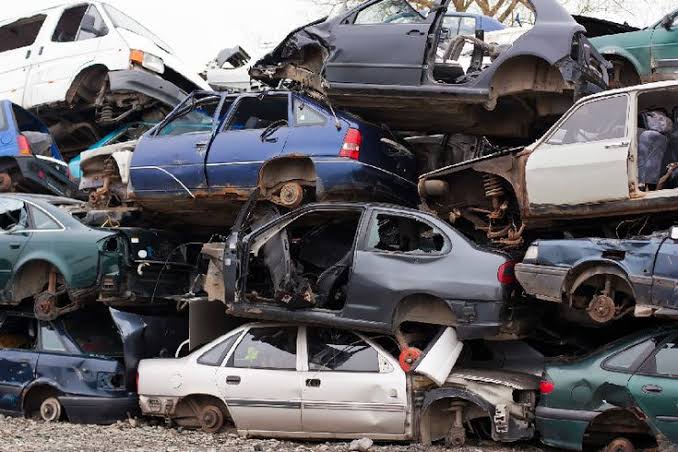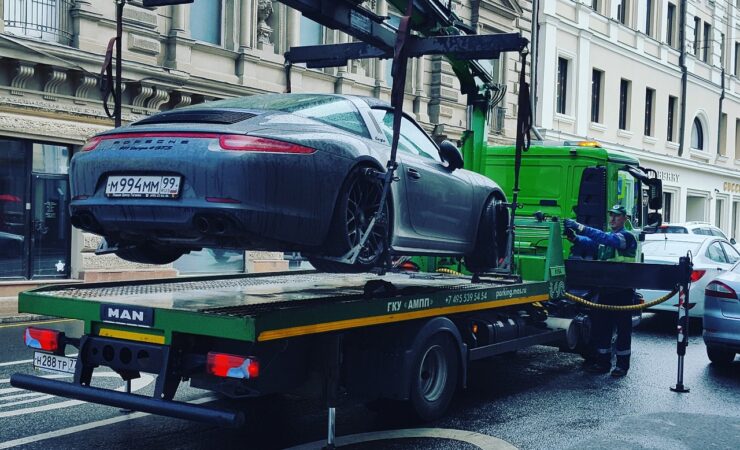Has your battery reached the final end of its life? You might be wondering: Where can I recycle my automobile battery? Fortunately, you will find hundreds of car battery pack internet sites that are recycling Canada.
While the small batteries we use to power home gadgets are recycled by Call2Recycle in Canada, lead acid automobile batteries are collected by members for the Canadian Battery Association (CBA).

CBA depots across Canada encourage your vehicle battery pack. Many of these vehicle battery sites that are recycling:
- Scrap Car Removal Companies, such as for example Got Scrap Car
- Recycling depots
- Landfills
- Transfer stations designated to receive materials which can be hazardous
How are the Car Batteries Recycled for Cash In Canada BC?
Collection and Sorting
At a Regional Recycling Depot, batteries are first sorted based on their chemistry since several types of batteries require different recycling processes. For example, lead-acid batteries, commonly utilized in vehicles, are broken straight down in a environment that is controlled the lead and plastic components are separated and purified for reuse. The acid that is sulfuric either neutralized and switched into water or converted into sodium sulfate, a substance utilized in laundry detergents and other services and products. Similarly, lithium-ion batteries, present in electronics like smart phones and laptops, undergo a process that is specialized valuable metals such as cobalt, lithium, and nickel are removed and repurposed for new battery manufacturing or other uses.
Processing and Material Recovery
Some battery types, particularly lead-acid and hydride that is nickel-metal can be mechanically crushed or shredded. This procedure separates plastics, metals, and other materials.
The lead, plastic, and acid are separated for lead-acid batteries. The lead is melted and cleaned down to be utilized in new batteries, while the plastic casings are cleaned and recycled into brand new plastic services and products.
The acid can be neutralized and changed into water, or it can be processed into sodium sulfate, used in laundry detergents, glass, and production that is textile.
Environmental Protection and Safety Measures
Throughout the recycling procedure, strict environmental and measures that are safety in place to manage hazardous substances and minimize the possibility of pollution. This consists of controlling emissions, dealing with wastewater, and safely managing materials to protect workers and the environment.
What you can recycle in Got Scrap Car
You can recycle all batteries being lead-acid fall under one of the following 5 categories:
- Sealed Lead Acid (such as, emergency lighting)
- Passenger and Light Truck Vehicle
- Commercial Truck Vehicle
- Motive (such as for instance, electric forklifts)
- Stationary (such as, large power and crisis backup)
Why you must participate in recycling scrap metals
Batteries have a number of heavy metals and chemicals that are toxic.
By recycling batteries, you are assisting to:
- Divert waste from your landfills that are local
- Reduce the danger of soil contamination, water pollution, and exposure to acids being corrosive
- Lessen the need for raw materials to manufacture products that are new
The Canadian Battery Association (CBA) is responsible for running the EPR program for lead-acid batteries in B.C.
Where you could recycle
Batteries are accepted at no cost at participating retailers.
Also, private steel recyclers may accept lead-acid batteries, and in certain cases, pay for them.
For local recycling choices and locations, visit the Got Scrap Car.
What happens to batteries that are lead-acid you recycle
The 3 basic the different parts of lead-acid batteries are all 100% recyclable:
- Lead and products that are lead 99% of lead is recovered during the smelting process and is recycled or offered as a commodity
- Electrolyte: 100% of sulphuric acid sold is recovered and is recycled, sold being a commodity or neutralized for disposal
- Plastics: sold and recycled as a commodity




